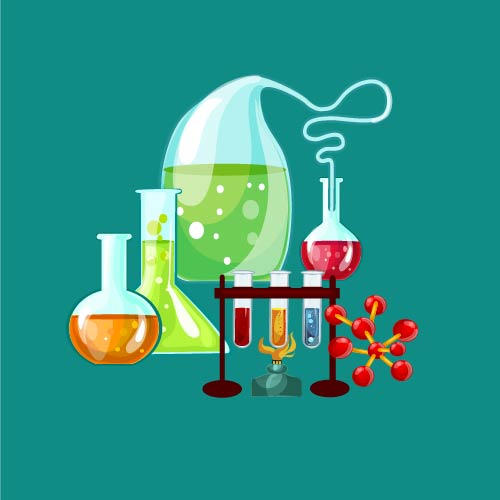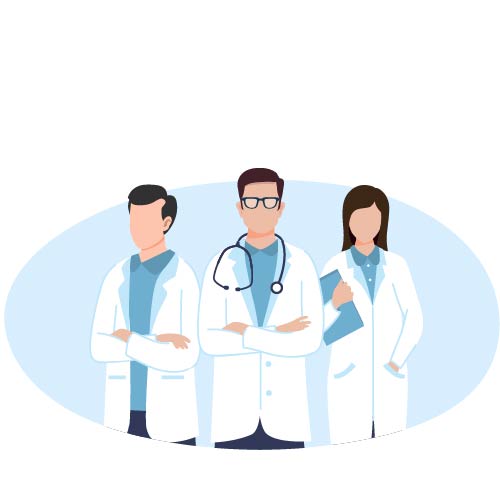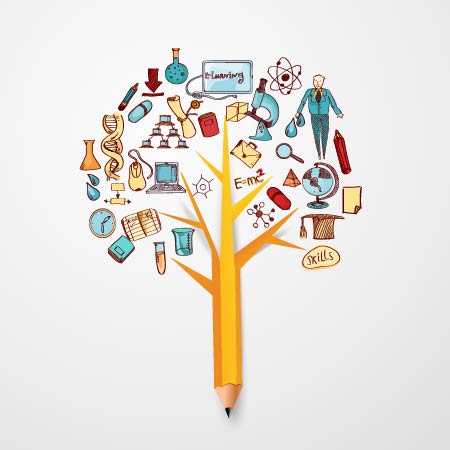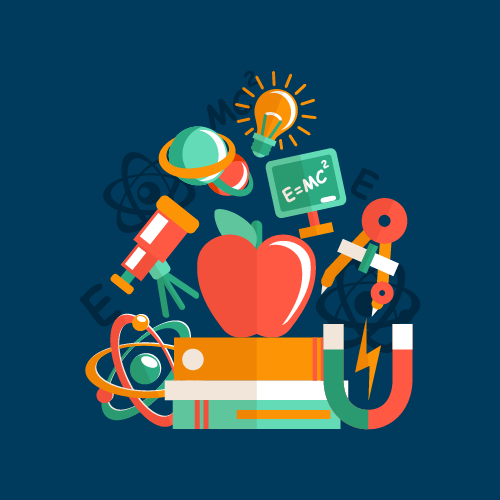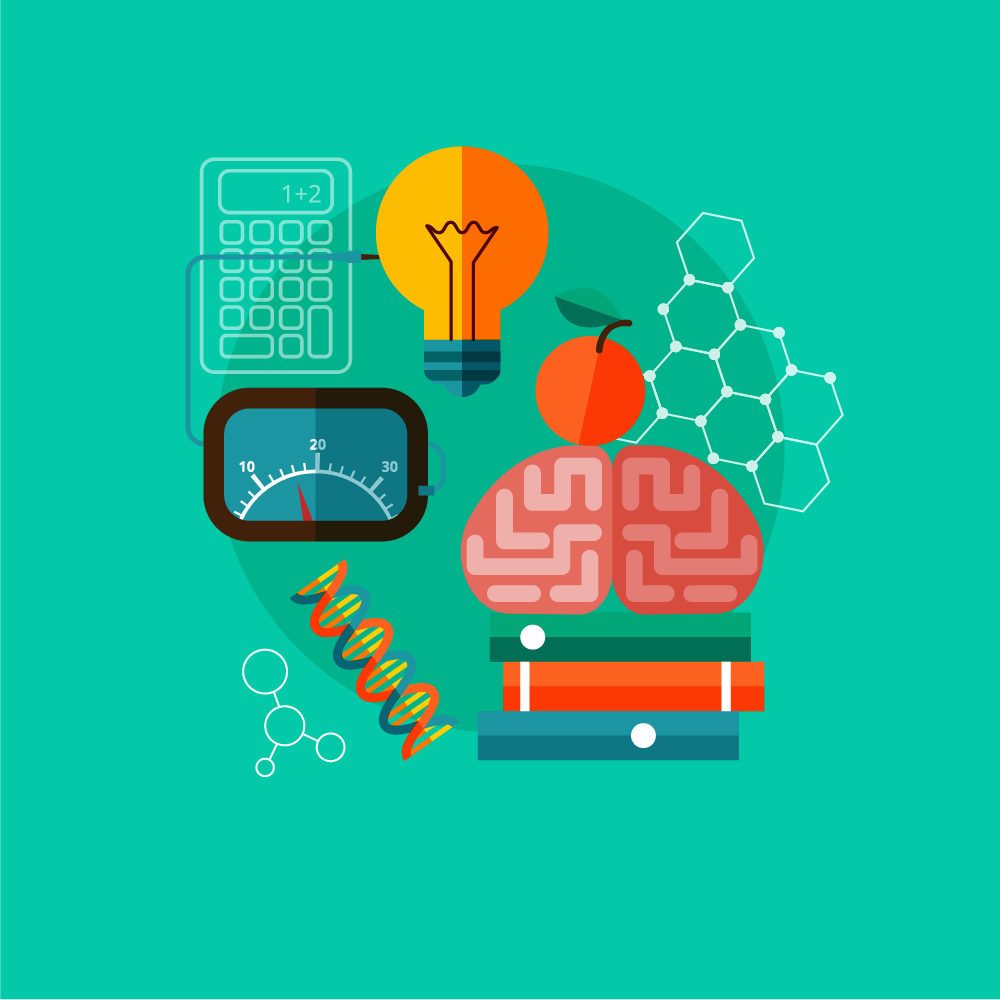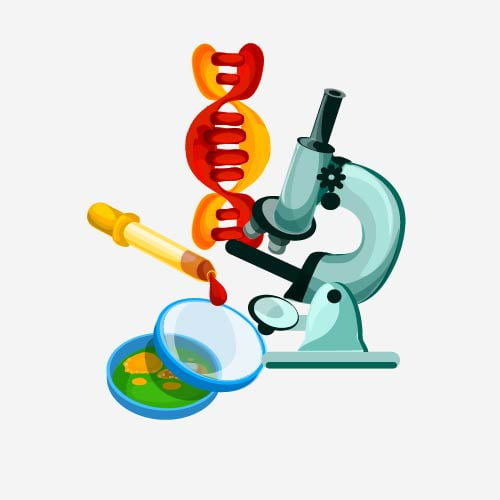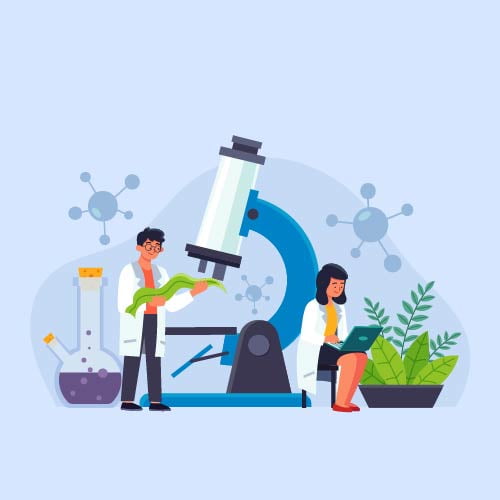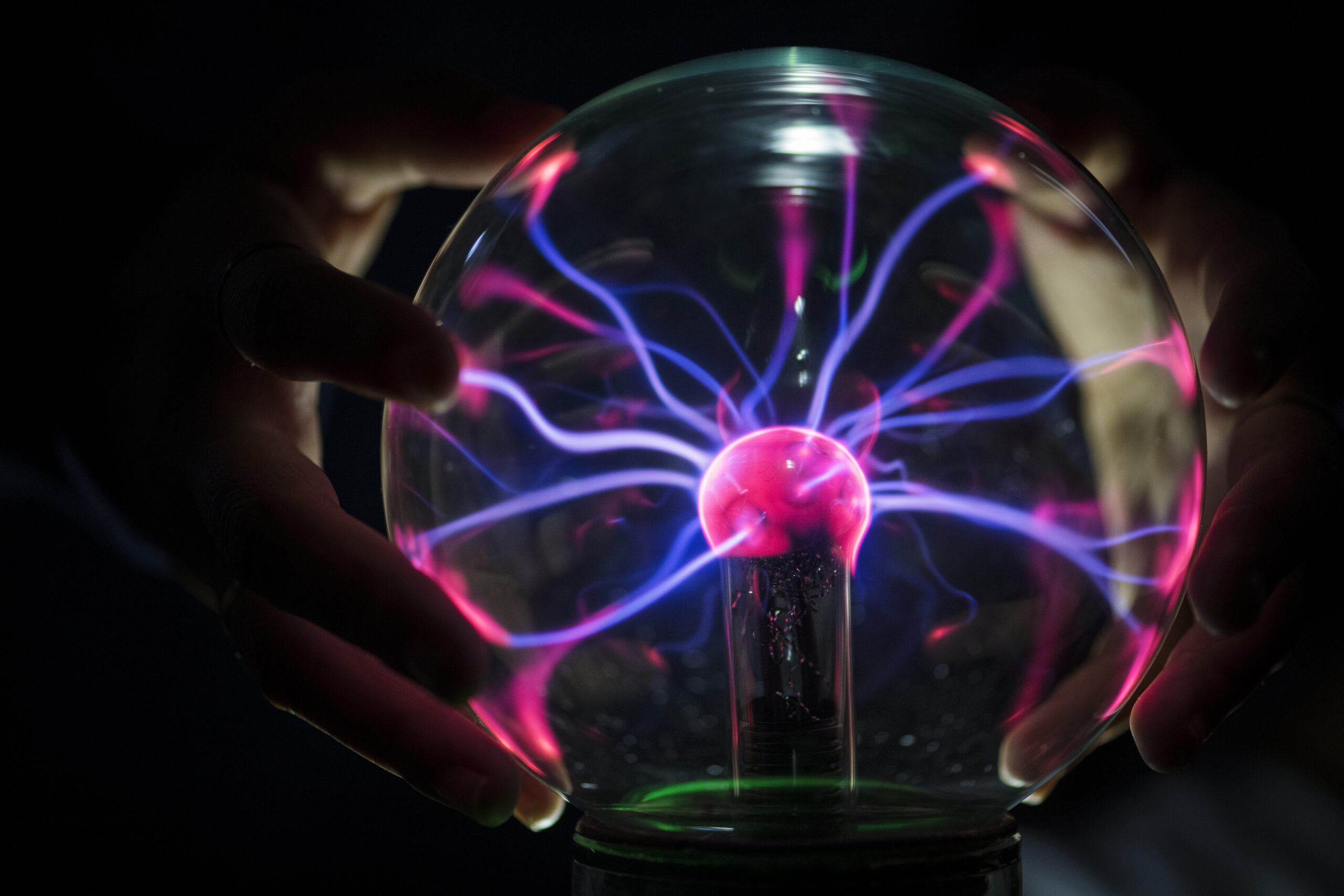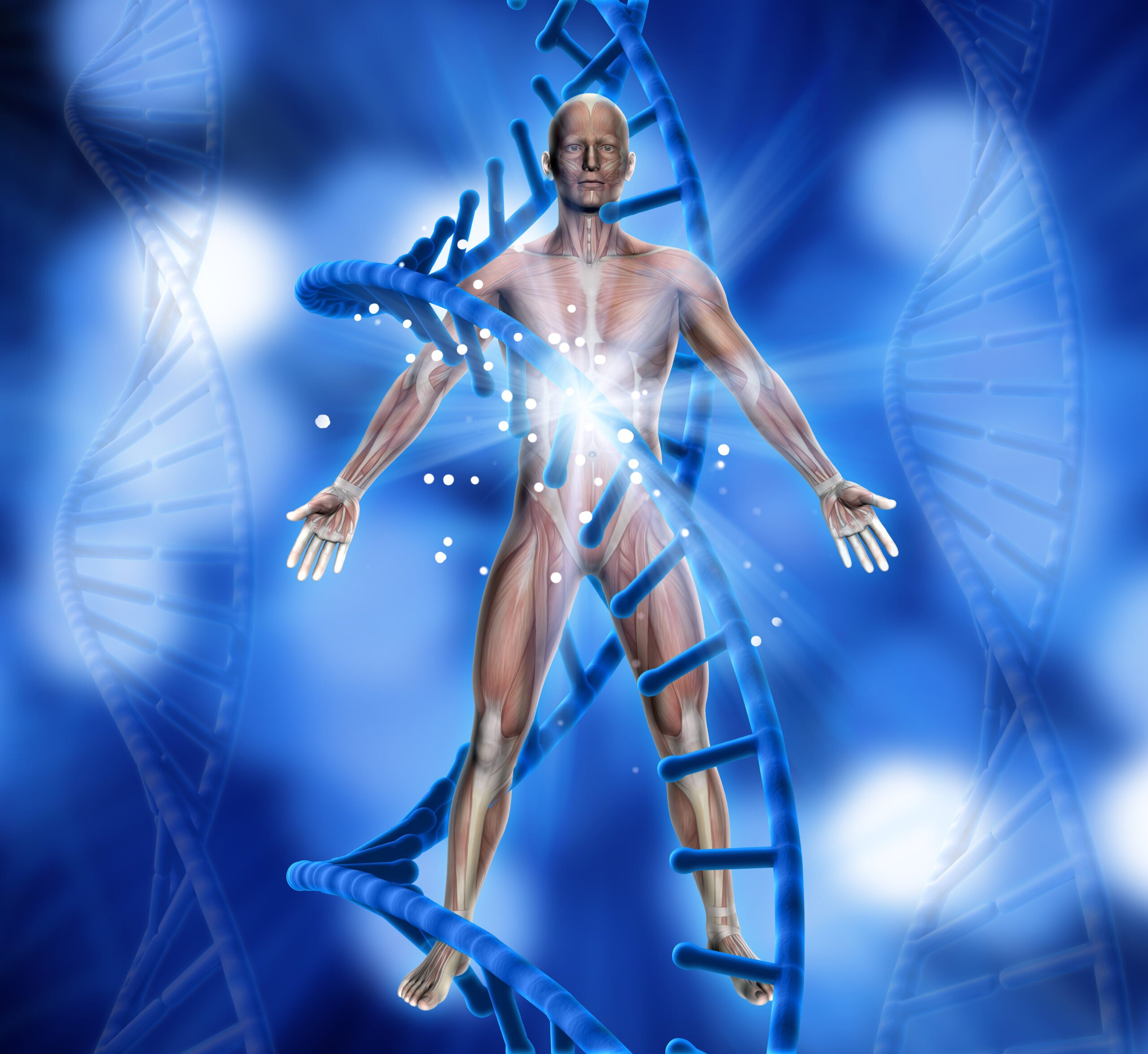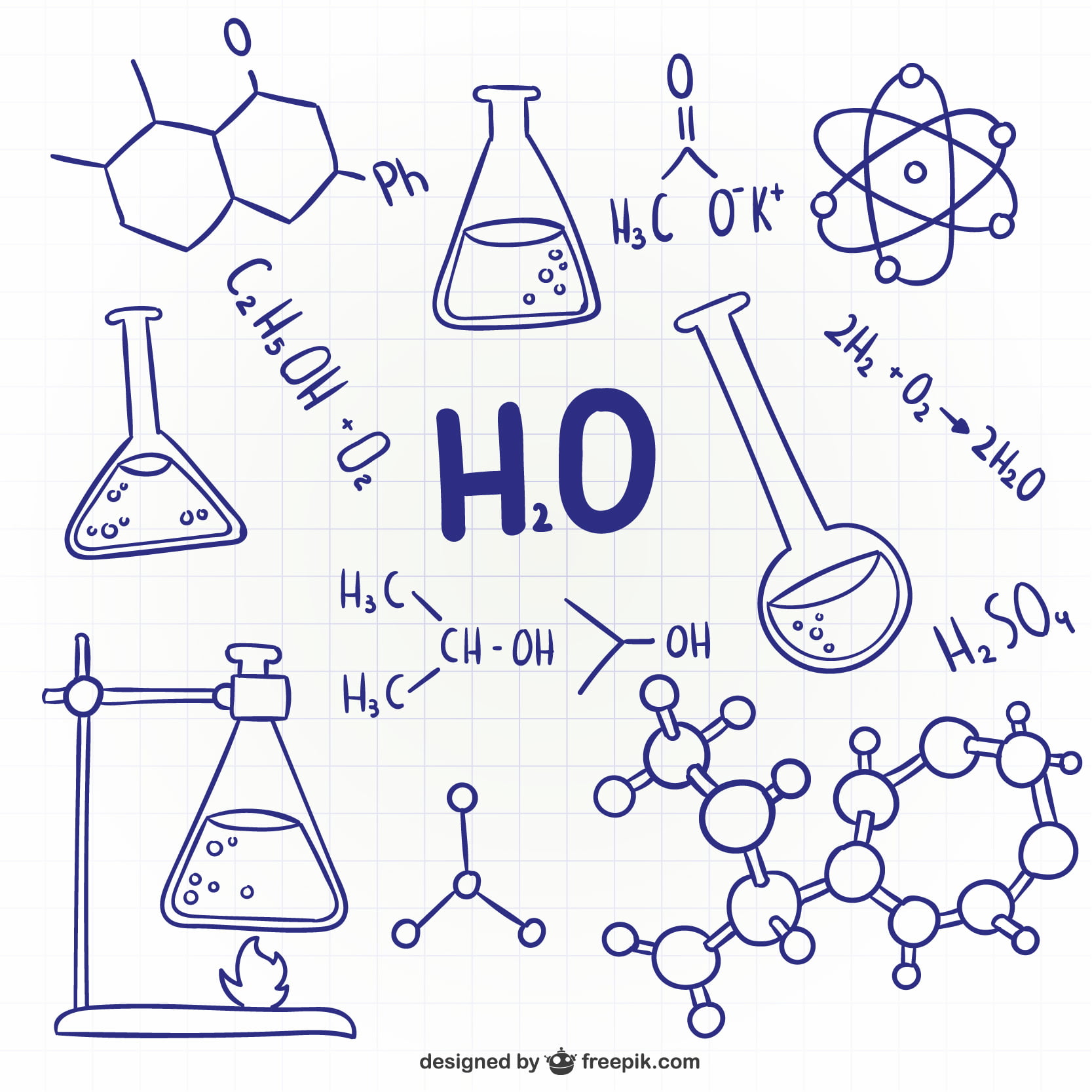
As one delves deeper into the journey of being drunk, the effects of alcohol become more pronounced. This section explores the stage of excitement and impairment, where heightened confidence and sociability are accompanied by a decline in coordination and judgment. The consumption of alcohol directly influences specific processes of the brain, the command center of the body, which results in feeling inebriated. We publish material that is researched, cited, edited and reviewed by licensed medical professionals. The information we provide is not intended to be a substitute for professional medical advice, diagnosis or treatment.
How do cultural attitudes towards drinking influence behavior?
However, it is important to note that these initial effects can differ from person to person. Alcohol acts as a depressant, affecting the central nervous system and altering brain function. It can lead to changes in mood, behavior, and cognitive abilities. The journey of being drunk can encompass a range of experiences, from feelings of relaxation and euphoria to confusion, impaired judgment, and even loss of consciousness.
- Factors such as body weight, metabolism, and alcohol tolerance can influence how alcohol is processed in your body.
- The duration of drunkenness varies based on several factors, including body size, age, biological sex, and overall health.
- In the early stages of drinking, people may feel more social, talkative, and outgoing.
How long after drinking is it safe to drive?
It might be possible that you ate something with alcohol without realizing it. That would explain why you feel tipsy although, in your books, you’re sober. It’s possible, and a trend these days, to be drunk without drinking. Additionally, if you feel confused and disoriented, you feeling of being drunk should see a doctor.

How Long Does It Really Take to Sober Up?

If you’re planning on drinking, it’s essential to understand how long alcohol will stay in your system to avoid risky behaviors like driving under the influence. Sleeping off a night of drinking might help you feel better the next day, but alcohol continues to affect your body even while you sleep. In some cases, intoxication can worsen while you’re unconscious, especially if you’ve had a large amount of alcohol in a short period. It’s important to monitor anyone who’s extremely drunk and ensure they’re safe while they rest. As intoxication increases, your emotions can swing unpredictably.
Health Conditions

Immediate risks include alcohol poisoning, accidents, and injuries. Long-term risks include liver damage, cardiovascular disease, and mental health disorders. The duration of drunkenness varies based on several factors, including body size, age, biological sex, and overall health. After consuming alcohol, it typically takes 15 to 45 minutes to feel its full effects. The liver metabolizes alcohol at a rate of about one unit per hour, which is roughly equivalent to 10 milliliters (ml) drug addiction or 8 grams of alcohol. Understanding your personal alcohol tolerance is key to responsible drinking.

They may experience a sense of euphoria and excitement, which can contribute to a more enjoyable social experience. However, it’s important to note that excessive alcohol consumption can amplify these effects and potentially lead to risky behaviors or poor decision-making. This stage usually occurs at a blood alcohol content (BAC) of 0.01 to 0.05 and occurs with one drink or less per hour for most people. Alcohol consumption is a common social activity, but the experience of being drunk can vary widely among individuals.
Why Do I Always Feel Out of It? Causes, Symptoms and Treatment of Derealization Disorder
You’ll meet millions of fellow Reframers in our 24/7 Forum chat and daily Zoom check-in meetings. Receive encouragement from people worldwide who know exactly what you’re going through! You’ll also have the opportunity to connect with our licensed Reframe coaches for more personalized guidance.
If you suspect having an ear infection, it’s vital to see a doctor. When we wake up, our brain goes through a natural event called sleep inertia. You might experience difficulty in waking or grogginess during this period. Besides, you’ll also have to avoid simple carbohydrates and sugary foods.
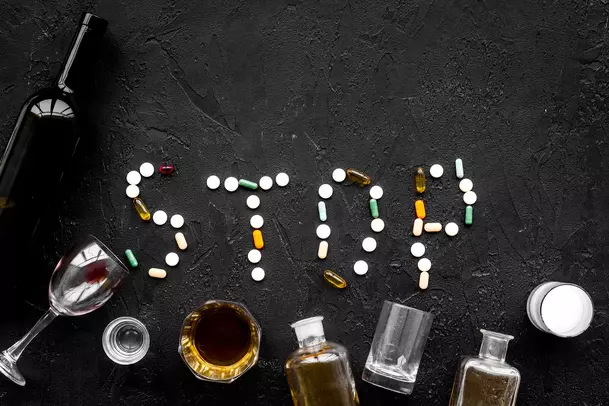
Alcohol seeps into the brain, affecting the different parts of your body’s motherboard as you drink more and more. The social environment plays a significant role in the experience of being drunk. Many people enjoy drinking in social settings, where the atmosphere can enhance feelings of happiness and reduce social anxiety. Alcohol acts as a disinhibitor, making individuals feel more relaxed and open in social interactions.
- Alcohol affects the central nervous system, slowing down brain activity and interfering with fine motor skills.
- A 2016 study found that very intoxicated people underestimate how drunk they are, how extreme their drinking is, and how likely their drinking is to affect their health.
- When an individual is unconscious due to alcohol intoxication, it can be a serious and potentially life-threatening situation.
- Severe intoxication requires immediate medical attention as it can lead to alcohol poisoning, which can be fatal.
- Behavioral changes from alcohol affect both personal and professional relationships in profound ways.
Understanding Alcohol Poisoning
BAC is the amount of alcohol in your blood compared to the amount of water in your blood. In the United States, you’re considered legally drunk if you have a blood alcohol concentration of .08 grams per deciliter (dL). Your liver can metabolize about one standard drink per hour, but that doesn’t mean that your buzz will wear off that quickly. How alcohol affects you, how drunk you get, and how long it lasts depends on several factors. The second stage of intoxication is known as euphoric and occurs at a BAC of 0.03 to 0.12.




